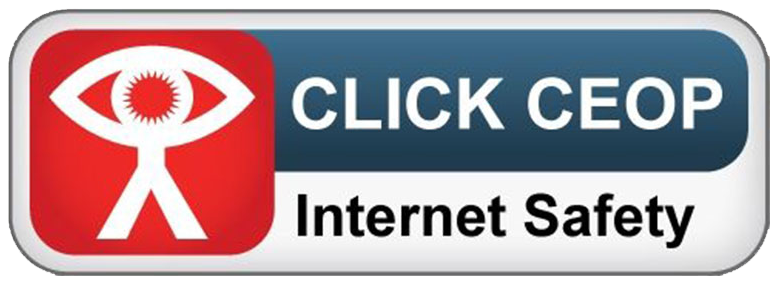Assessment
In school, we assess your child’s learning as an ongoing process. We do this using three main forms of assessment:
- formative assessment - used by the teachers to evaluate knowledge and understanding on a day to day basis and to tailor next steps accordingly
- in-school summative assessment - enables teachers to evaluate how much a child has learnt at the end of a unit or period of time
- nationally standardised summative assessments - used by the Government to hold schools to account
All curriculum units follow a sequence of small steps to enable children to achieve longer term outcomes. The national curriculum is founded on the principle that teachers should ensure children have a secure understanding of key ideas and concepts before moving onto the next phase of learning. Feedback to children details those aspects of the curriculum where their knowledge and understanding is secure and those areas where there are gaps.
Day to day in-school formative and summative assessment
- Question and answer during class
- Marking and verbal feedback about a piece of work
- Observations
- Scanning work for pupil attainment and development
- Cold (start) and hot (end) pieces of work for each curriculum unit
- Target Plan reviews for pupils with SEND
Nationally standardized summative assessment
- Reception Baseline
- Early Years Foundation Stage Profile at the end of Reception
- Year 1 Phonics Screening
- National Curriculum assessments at the end of Key Stage 1
Teachers collate ‘data’ for their class at least termly (October, February, and June) to ensure that children are on track to make good progress and achieve National Expectations at the end of the year in Reading, Phonics, Writing, Maths and Science. Some more able children will have aspects at a mastery standard and be exceeding the statements due to working at a Greater Depth. In order to be assessed at ‘Mastery’ the children must be able to complete 100% of the National Standard criteria and be able to demonstrate a deep, secure understanding of all aspects of the subject. High expectations still apply equally to children with SEND as to all other children. For children working below national expected levels of attainment we consider progress relative to their starting points and take this in to account.
Subject leaders, the School Leadership Team and Governors of our school review the ‘data’ which shows progress of all the children across the school on a termly basis. When Subject Leaders and the School Leadership Team make judgements about outcomes they will consider whether children are:
- Making good progress towards meeting or exceeding the expected attainment for their age
- Being set challenging goals, given their starting points, and are making good progress towards meeting or exceeding these
- Completing work that deepens their knowledge, understanding and skills
They will gather evidence about the progress of children through:
- Observations in lessons
- Discussions with pupils about their understanding of things they have been learning about
- Scrutiny of children’s acquisition of knowledge, understanding and skills over time as shown in their work, including that in their books



